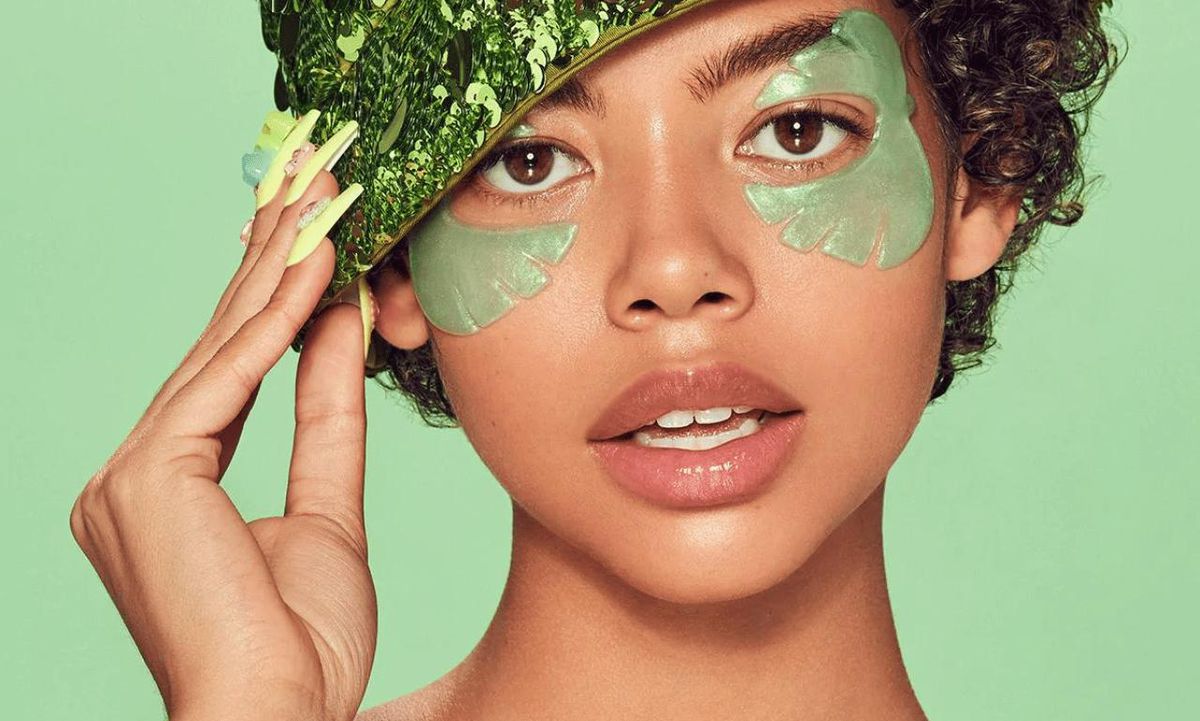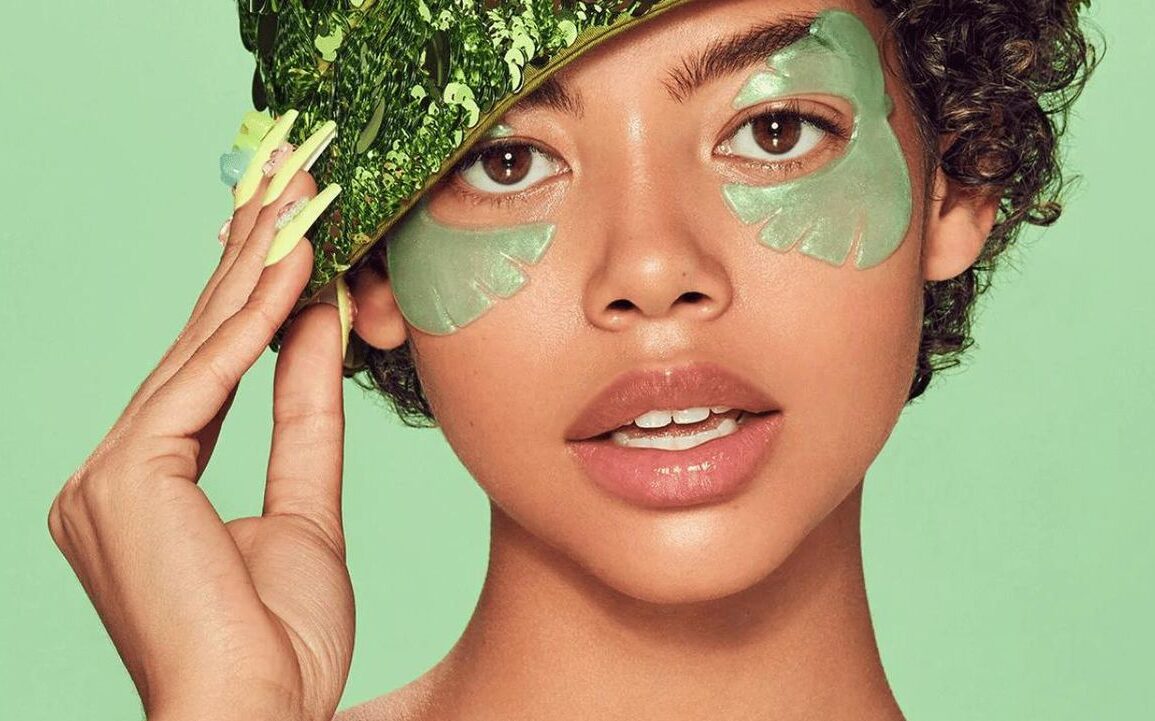
The hair care industry has experienced significant change over the past few years, especially for black consumers. With the rising demand for products catering to textured hair, the market has expanded rapidly. Brands previously labeled as niche have turned mainstream, yet alongside this growth lies the troubling issue of product safety and health risks associated with these products.
Recent studies paint a concerning picture of the cosmetic products marketed to black women. Research conducted by the Silent Spring Institute highlighted how many products commonly used by black women contain harmful chemicals. This study found alarming levels of hormone-disrupting substances within hair care products directed at black consumers, raising questions about the industry’s responsibility toward its clientele.
Jessica Helm, the lead author of the Silent Spring Institute study, stated, “We know from previous research, black women suffer disproportionately from hormone-related health problems. The study tested hair products used by black women to see if they could be a source of some of the chemicals of concern, and it appears they might be.” It turns out, many items geared toward black hair care are more likely to house dangerous ingredients than products aimed at the general public.
The Environmental Working Group, which focuses on environmental health, revealed even more startling figures. Their findings indicated over 70% of black hair products contain hazardous components, as opposed to just 40% of hair products for the broader market. It begs the question: is the hair care industry, particularly for black women, failing them?
This failure can partly be traced to how the federal regulatory system operates, or rather, how it doesn’t. The Federal Food, Drug, and Cosmetic Act of 1938, along with the Fair Packaging and Labeling Act of 1967, set out rules to protect consumers but have not mandated pre-market testing for cosmetics. This oversight allows companies to introduce potentially harmful products without scrutiny.
Misleading marketing compounds the issue. Terms like “natural” and “organic” can be misconstrued and, unfortunately, are sometimes used to mask unhealthy ingredients. Surprisingly, it is entirely feasible for harmful chemicals to be labeled as “natural” merely because they exist within the periodic table—ammonia and bleach being prime examples. If consumers are led to believe they are choosing products free of harmful substances due to such clever marketing, the risk of exposure increases significantly.
To combat the proliferation of dangerous products, many black influencers and bloggers have begun advocating for safer alternatives and holistic hair care practices. An array of online platforms now enables users to sift through brands and find healthier options. Among these are apps like Detox Me and Skin Deep, which help consumers make informed decisions about the products they apply to their hair.
Sparked by increasing awareness, many brands are stepping up to the plate with natural and effective alternatives. Notably, Mielle Organics and Cantu Shea Butter are making waves by offering options packed with safe, nourishing ingredients at reasonable prices. The widespread support for these brands epitomizes the growing demand among consumers for healthier products.
Meanwhile, the black hair care market is at an intersection of identity and commerce—an intersection where racial and social justice often finds its way. During her expert commentary, Ibi Meier-Oruitemeka from the Afro Hair & Skin Co. stresses the need for brands to remain committed to their original demographic, warning against diluting their mission for mass appeal. She asserts, “If everyone caters to everyone, then quality and efficacy are undoubtedly affected.”
Merchandizing this way can seem like the right course of action, but straying from authentic representation can lead to disenfranchising loyal consumers once they feel brands are no longer meeting their unique needs. Many black women recall instances of beloved products being altered after increased commercial interest, leading to disappointment as favorites disappear from store shelves.
Interestingly enough, the environmental narrative also builds pressure on manufacturers to create safer products. The movement toward sustainability is gaining traction. Brands such as Alaffia and Sienna Naturals have gained recognition not only for their product safety but also for their commitment to using ethically sourced ingredients. Sienna Naturals, launched by Issa Rae and Hannah Diop, emphasizes clean, natural products aimed at all hair textures without harsh chemicals.
Even the way hair care products are sold reflects these changing tides. Studies suggest hair products sold in neighborhoods with higher poverty and more people of color tend to be more hazardous. A recent study led by Marissa Chan from Harvard’s T.H. Chan School of Public Health unveiled these unsettling findings. Chan’s research focused on products sold throughout various sections of Boston, showing stark discrepancies between neighborhoods, emphasizing the dire need for community engagement and reform.
Chan’s findings were part of broader conversations about beauty standards and consumer protections. She aims to host community workshops to educate people on recognizing harmful ingredients and finding healthier alternatives. “It should not be on the individual to have to shop safely,” Chan insists, highlighting the need for systemic change across the beauty and personal care industry.
With burgeoning platforms on social media, particularly Instagram and TikTok, influencers have become pivotal forces advocating for black-owned brands and safer products. The viral success of products like Mielle Organics’ hair oil, which sold out after being endorsed by influencers, demonstrates the powerful connections between community, identity, and commerce.
Nonetheless, there’s also the worry of cultural appropriation when these products gain interest from non-black consumers. Some white consumers are now flocking to black haircare products, hoping to nurture their own curls. This phenomenon raises critical questions about ownership and representation within the beauty market. While such crossover interest can benefit black-owned brands by increasing their market presence, it can also frustrate long-time black customers who may find themselves sidelined as their favorite products disappear once they gain mainstream appeal.
Chiming in on this issue, marketing expert Marcus Collins elaborates on the business side of the equation, noting how historically, brands often shun the niche by claiming markets are too small to target. “Companies say to themselves the market is too small for us to waste our time on Black people and people of color,” Collins mentioned. He believes white consumers unintentionally overshadow black women as they begin to purchase these products, shifting the market focus away from the people who had been the brands’ foundation for years.
The history of black hair products is deeply intertwined with racism and discrimination against natural hair, making the present situation particularly complex. Yet, it is this same history of resilience and innovation—demonstrated through the entrepreneurial spirit of pioneers like Madam C.J. Walker—that showcases the potential for authentic change within the beauty industry.
Progress requires constant vigilance and education. Brands need to keep their commitments to the health of individuals and communities they serve. Hopefully, as the demand for transparency increases, more and more brands will heed the calls for better safety and assurance of product integrity. Looking to the future, reforming the black hair care industry necessitates collaboration between consumers and brands to champion better health outcomes, ensuring everyone can turn to their beauty products without fear of harm.
This post was originally published on this site be sure to check out more of their content.









